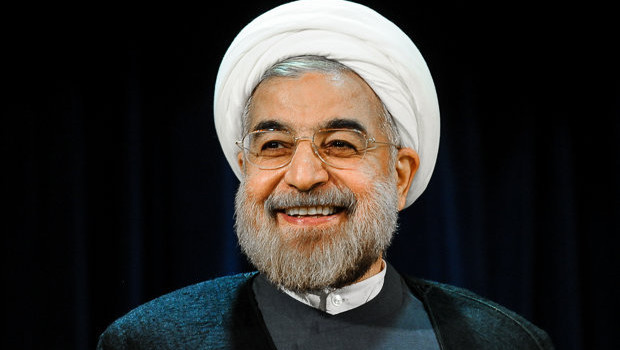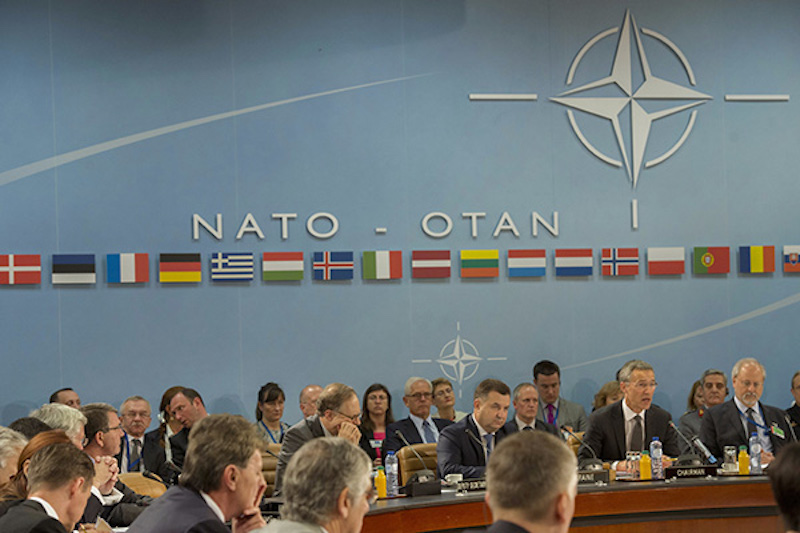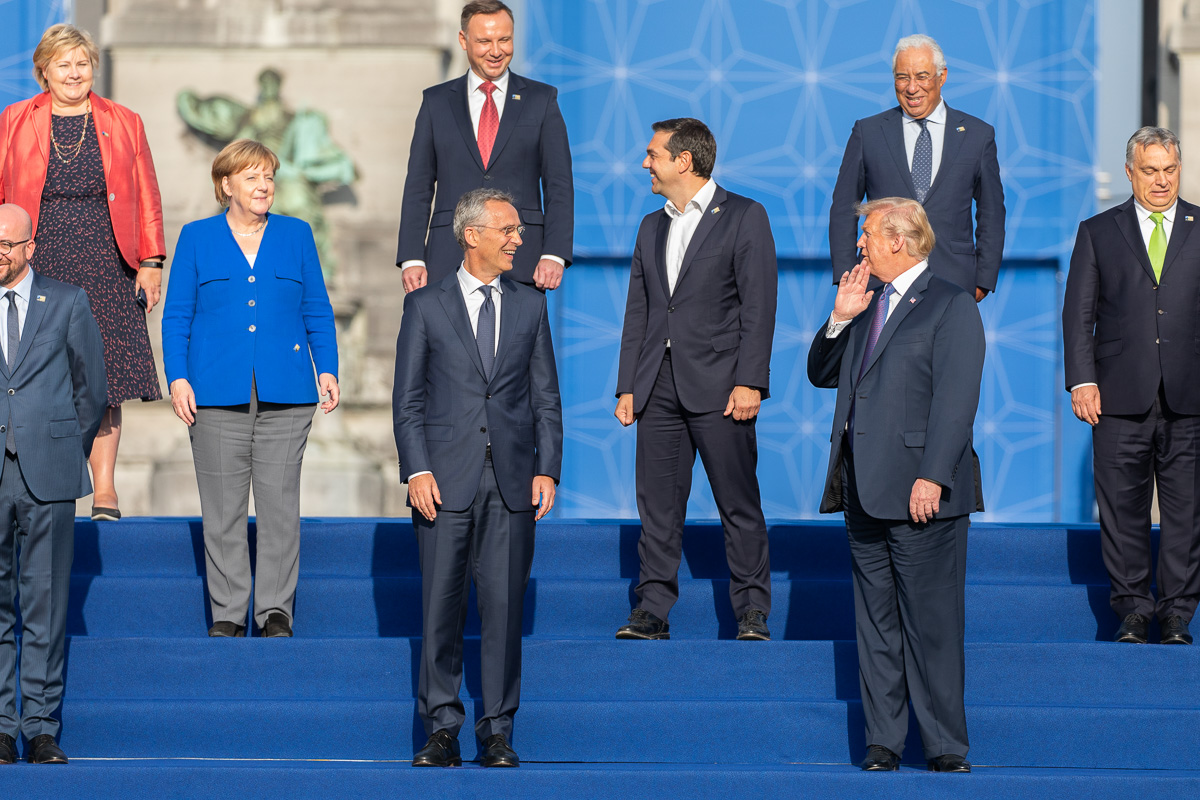Earlier this year, NATO’s Secretary-General Anders Fogh Rasmussen pleaded with member-states to ensure that their support for the Alliance remained strong, even though the current global economic reality has caused some members to re-examine their involvement. Rasmussen acknowledged that economic circumstances would likely translate into lower spending, and subsequently less support for the organization. He did however ask that members look to expand their military expenditures upon an economic upturn. Will defence expenditures increase as national economies improve though, and will member-states feel as obligated to provide such support to NATO once again?
Currently, these questions are difficult to answer, but it would certainly be within the best interest of member-states to do so. Over the past several years, the United States has stated that it can no longer continue to bear the majority of the financial burden for NATO. As well, given the release of the 2013 budget this past week by the Canadian government, it appears that cuts will be made in defence spending there as well.
[captionpix align=”left” theme=”elegant” width=”300″ imgsrc=”http://natoassociation.ca/wp-content/uploads/2013/04/r.jpeg” captiontext=”Earlier this year, NATO Secretary General Anders Fogh Rasmussen pleaded with member states not to let fiscal difficulties undermine their commitments to the organization”]
Canada’s failure to obtain a seat on the United Nations Security Council in 2010 was surprising for many. One thing that is apparent from that outcome however, has been Canada’s diminishing role in international affairs. To fail to increase support for NATO once Canada’s economy improves would only diminish this further, and would be detrimental to Canada in the long-term.
NATO is predominantly a political/military organization and a large part of its operations involve civilian personnel. Additionally, there may be another shift in NATO’s role internationally in the years ahead, with respect to managing and mediating conflicts among states. The Canadian government’s plans to decrease civilian personnel in the military, could in the future translate into fewer resources for NATO as well. If NATO’s role shifts or expands to include a greater role for civilian staff and less military involvement, then Canada may run the risk of falling behind. The shift within the Canadian Armed Forces as outlined in the most recent budget is said to involve less “fat” within the military, referring to civilian personnel that play such a large role not only in Canada, but within NATO as well.
If Canada is to improve its position in international affairs, it should do so by enhancing its reputation and commitment to the international organizations that it is already part of. Canada should increase its financial contribution to NATO upon improved economic conditions, or otherwise miss out on an opportunity to again play a significant role internationally. While it appears that the Canadian government is currently looking to boost its military with new vessels and other equipment, only time will tell whether they are put to use in international efforts that could improve Canada’s standing.
Given the current economic climate, it will be difficult to accept that Canada should enhance, or at the very least maintain its current level of defence spending, including its financial support for NATO. If Canada is to expand its role in international affairs in the years to come however, it will be important to maintain its support for alliances such as NATO, as well as its support for other international organizations. Canada has the opportunity to gain more influence on the international stage by doing so. Cutting resources and financial support to the likes of NATO is not going to achieve this, and will surely prove detrimental in the years to come. The opportunity to play a significant role in international affairs and NATO-led efforts is there for Canada, but continuing to make cuts to the defence sector will not enable it to do so in the long-term.




